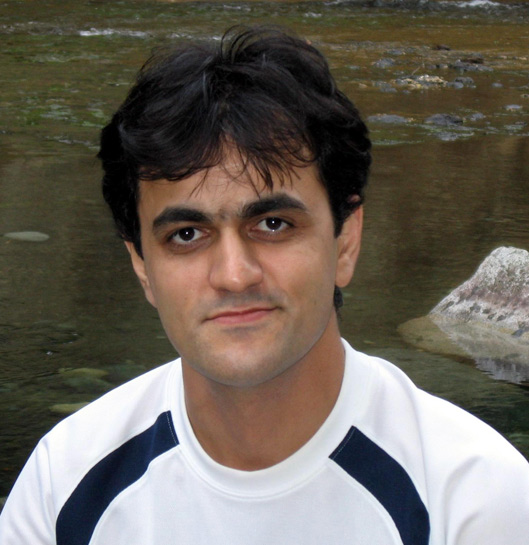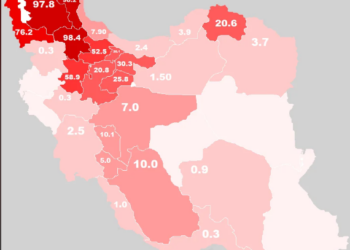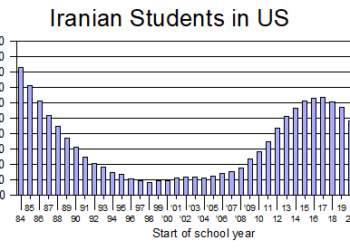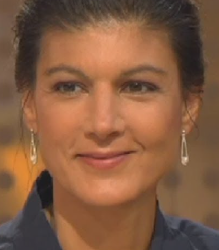August 09, 2019

Saeed Malekpour, after spending 11 years in Evin prison, has fled from Iran while on a three-day furlough and returned to his home in Canada.
Malekpour, now 44, and his family and friends had to abandon bail money equal to $430,000 to escape from the country, according to his attorney in Tehran, Mahmoud Alizadeh Tabatabaei, speaking to Radio Farda.

In her tweet, she said, “My brother Saeed Malekpour has just arrived to Canada! The nightmare is finally over! Thank you Canada for your leadership. And thank you to every single person who supported us throughout this time. Together we prevailed.”
Saeed was a permanent resident of Canada but not a citizen in October 2008 when he flew back to Tehran to see his dying father. He was arrested and accused of running a pornographic website.
His family said Malekpour had written software for posting photos on the Internet, which some pornographers had bought and used, leaving Malekpour’s name on the software.
He has said he was tortured and forced to confess to the crimes he was accused of, which were “taking action against national security by designing and moderating adult content websites,” “agitation against the regime” and “insulting the sanctity of Islam.”
He was found guilty and sentenced to death in 2010. On appeal, the death sentence was overturned because, the court said, Malekpour had “repented” for his crimes. His sentence was converted to life in prison.
While he was in prison, his wife, Fatima Eftekhari, divorced him and his sister took upon herself the lobbying effort for his release. Malekpour and his wife had met at a chess competition in Tehran. They lived in Richmond Hill, the Iranian enclave north of Toronto.
Payam Akhavan, an international lawyer at Canada’s McGill University, told CBC News that no one in Iran, including Malekpour’s relatives, was aware of Malekpour’s plan to flee whenever he got a furlough. That may have been a statement designed to protect Malekpour’s family in Tehran from retaliation.
The Canadian Press news agency quoted Akhavan as saying Malekpour’s escape was made possible with the help of the Canadian government. Other news agencies did not cite Akhavan as saying that and Canada’s government did not claim a role.
Global Affairs Canada, the new name of the Canadian Foreign Ministry, issued a written statement on Malekpour’s case, saying it couldn’t provide further details due to privacy considerations.
“Canada welcomes the news that Saeed Malekpour has been reunited with his family in Canada,” the statement said. “We have advocated for Mr. Malekpour’s release and are pleased that he is now in Canada.
Fred Soofi, a friend of the family, told the TriCity News, a weekly in British Columbia province, that a group of Malekpour’s friends in Canada pooled $100,000 to post bail when they heard he was eligible for a three-day furlough.
Soofi said Malekpour was spirited out of Iran into a neighboring country, which he did not name, on the third day of his release. His sister flew out to meet him and the Canadian government re-issued the papers showing he had legal residence in Canada so he could board a plane and fly there.
Soofi said Malekpour is now staying with his sister and setting up appointments with doctors and dentists and counselors.
In Tehran, Judiciary spokesman Gholam-Hossain Esmaili said Malekpour was granted a three-day furlough July 20, “was barred from leaving the country and has apparently left via unofficial channels.”
Amnesty International published an excerpt from a 2010 letter from Malekpour describing his ordeal after his arrest–which he says included solitary confinement, physical and mental torture.
“The physical torture was nothing compared to the psychological torments. I endured long solitary confinement without phone calls or the possibility of visiting my loved ones, constant threats to arrest and torture my wife and family if I did not co-operate, threats to kill me. They also gave me false news that my wife had been arrested. My mental health was severely threatened. I had no access to any books or journals in the solitary cells, and at times, I would not speak to anybody for days,” the letter said.


















